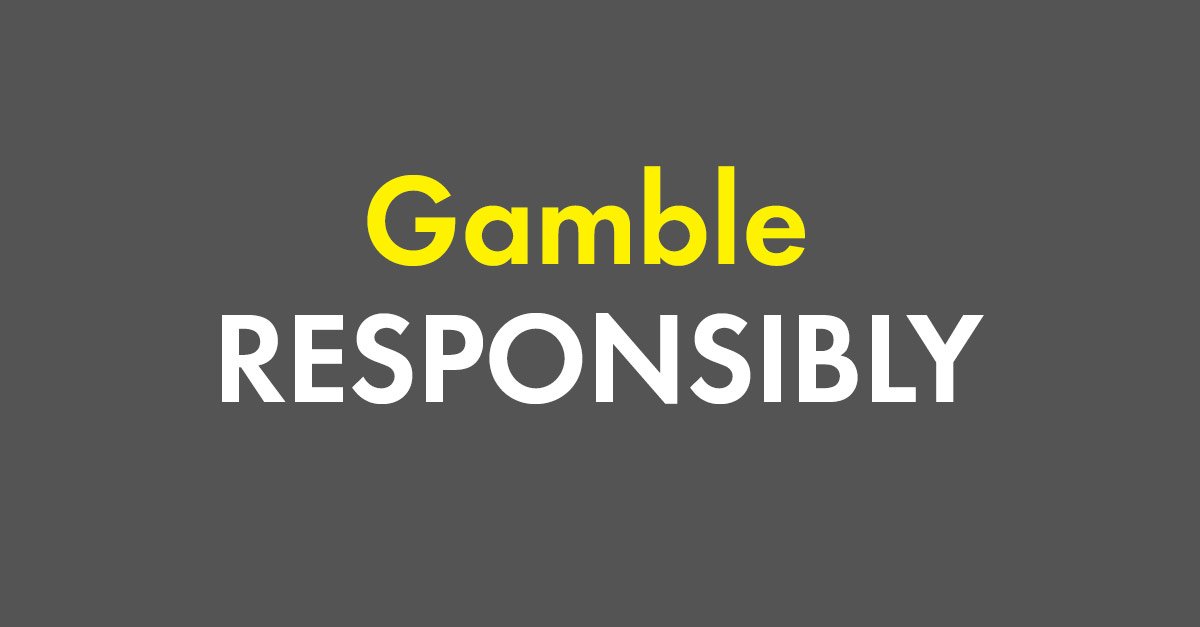When you gamble responsibly, you should confirm the following:
- You control how much time and money you spend.
- Consider gambling to be a recreational activity.
- Don’t put more money on the table if you can afford to lose.
- Become familiar with and accept the probabilities.
- Keep your eye on the prize and your winning prospects.
- Accept the fact that your spending restrictions may be lower than those of your friends or colleagues.
- If you lose again, don’t try to make up for it the next time.
On the other hand, gambling is growing increasingly popular and impossible to avoid. The pokies are now available for us to play on our cellphones, and we are subjected to sports betting advertisements throughout our sporting events. Australians will find it simpler to gamble due to this, and some Australians will find it more challenging to say no. It may be more difficult to gamble responsibly as a result of this. Expert gamblers are not in it to have fun, but when it becomes stressful, they aren’t doing their job effectively and should seek professional help. Perhaps it is time to reconsider your financial situation if you find yourself becoming overly dependent on your earnings or feeling the sting of every loss you suffer. Professional gambling relies on calm nerves and clear thinking. The instant you let yourself become swept up in the emotional rollercoaster of the punt, you put yourself at risk of making rash decisions and placing hazardous bets on the horse race.
TIPS TO AVOID GAMBLING ADDICTION
Gambling issues and hardships are encountered by around 2.6 percent of the population (approximately 10 million persons in the United States) who have problems with real money casinos. The activity can be defined as one in which a person cannot control their urges to gamble, which results in significant adverse personal and social effects. Avoiding problem gambling can be exceedingly complex; nevertheless, once it has been accomplished, the continuous challenge is to keep it stopped. Ex-problem gamblers find it extremely difficult to return to the recreational gaming scene after stopping. To live an entire and wholesome life, the majority of problem gamblers, if not all, require an abstinence-based approach to recovery. It is critical to have an effective program of recovery in place to sustain sobriety and avoid relapse after quitting drugs.
PREPARE AHEAD OF TIME TO AVOID BOREDOM
Having become accustomed to the ups and downs of active addiction, ex-gamblers frequently experience boredom during periods of their lives that are otherwise uninteresting. Make an effort to organise your days so that you aren’t tempted to use gambling to fill the void. Problem gamblers have a low threshold for boredom. According to research, which suggests that this is the case. When confronted with an uninspired assignment, people will almost always ignore it or fail to do it.
ATTEMPT SOMETHING COMPLETELY DIFFERENT
Even though your brain became accustomed to working in a certain way while gambling, it still requires continual stimulation now that you have stopped gaming. As a result, attempt to set new goals and activities for yourself every day. The ability to manage gambling desires when they occur is enhanced when you are focused on problem-solving. A need is intense, and while you are in the midst of one, it feels like it may linger for an indefinite period of time. However, this will not be the case. The beginning, middle, and end of any yearning are all distinct events. As long as you are able to put off your gambling, you will be able to keep your recovery.
REKINDLE OLD HOBBIES
Gamblers would invariably lose interest in their interests as their gambling addiction grows stronger and stronger. Keeping old interests alive is vital once you have stopped smoking cigarettes. This will not only help to improve your self-esteem, but it will also serve as a constant reminder of your new lifestyle to yourself. It is critical to replace harmful addictions with a more positive activity, as with most behavioural addictions. This will help you stay focused on the advantages of your new lifestyle rather than on what you are missing out on as a result of your previous lifestyle.
LEADING UP TO SIGNIFICANT OCCASIONS
According to research, those who engage in gambling have a hard time controlling their impulses and delaying gratification. Recognize the importance of bolstering your resolve in the run-up to important occasions. For example, if you were a sports gambler, tournaments like the World Cups and European Championships of football, Wimbledon of tennis, the Cheltenham Festival, Royal Ascot, and the Ryder Cup may be extremely difficult. There is a lot of hype surrounding these contests, especially when bookmakers offer special deals.
GAMBLING IS LOSING
Regardless of your betting strategy, you will almost certainly lose your money if you lack discipline. This is the underlying truth of gambling addiction. Your gambling urges may appear as seductive temptations if you’re worried about money. After all, most forms of gambling offer the possibility of an immediate high reward. It is helpful to remind yourself that it is impossible to stop once you begin. However, recognizing that gambling can be an addiction is an essential first step in the recovery process and preventing relapse. Avoiding people, places, and activities associated with gambling can help someone in recovery avoid a relapse. – Gambling-encouraging thoughts and feelings can be avoided by avoiding these triggers.
Professional help should be sought as soon as possible if your gambling problem is serious enough. Mental health and addiction specialists can make the difference between a financially unstable life and be free of financial stress. Professional therapy can help you learn how to stop gambling and improve the skills you already have. Only your reluctance keeps you from seeking help from a professional counsellor or therapist. Even better, you can get help from a professional while still participating in a support network.


